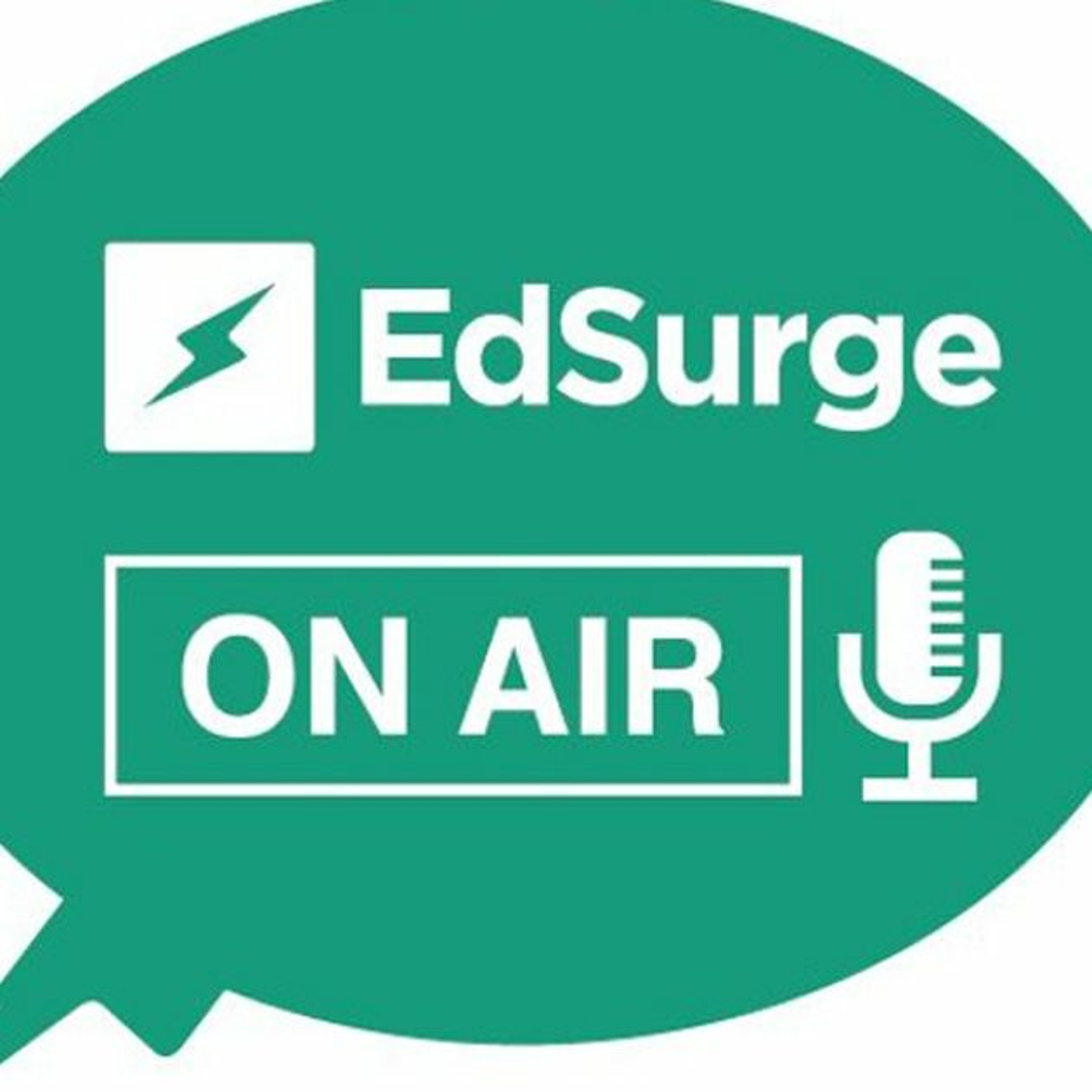
How Much Artificial Intelligence Should There Be in the Classroom?
EdSurge Podcast
Shownotes Transcript
Should we build robot teachers, or even robot teaching assistants? And if so, what’s the right mix of man and machine in the classroom?
To get a fresh perspective on that question, this episode we take you to China, where a couple of us from EdSurge recently traveled for a reporting trip. One of the events we peeked in on was a two-day conference about artificial intelligence in education organized by a company called Squirrel AI.
It’s vision felt unusually utopian. The company’s co-founder, Derek Li, said during a keynote that replacing some teaching functions with AI-powered software would supercharge the country’s education system. Speaking to a crowd of some 2,000 attendees, he said, quote, “If our children are educated by AI teachers, then their potential can be fully realized.”
He mentioned that he himself has two young sons, twins, who he says are very different from each other, and he believes that having AI-driven tutors or instructors will help them each get the individual approach they need. He closed his remarks by saying that he quote “hopes to provide each child with a super-power AI teacher that is the combination of Einstein and Socrates, that way it feels like she has more than 100 teachers in front of her.”
To understand that level of enthusiasm for AI, it’s useful to give some quick context. For starters, the Chinese government has declared a national goal of surpassing the U.S. in AI tech by the year 2030, so there’s almost a Sputnik-like push going on right now in that country. And one China-watcher I talked to noted that China is facing a shortage of qualified teachers in many rural areas, and there’s a huge demand for high-quality language teachers and tutors throughout the country. So in that context, there’s probably more openness than in the U.S. to the idea of bringing in software robots for some of the teaching functions.
But Li painted AI as not just some pale substitute, but as ultimately superior to humans when it comes to some aspects of teaching. Much of what he described was not the company’s current product, but it’s vision of where it wants to go, including a plan to create an AI-powered tutor that teaches kids to be more creative. So far the company says it runs 1,600 learning centers in more than 300 cities across China.
We were curious to talk with Li further about his thoughts, so along with Betsy Corcoran, EdSurge’s co-founder and CEO, we sat down with him for an interview.